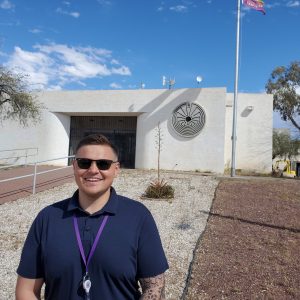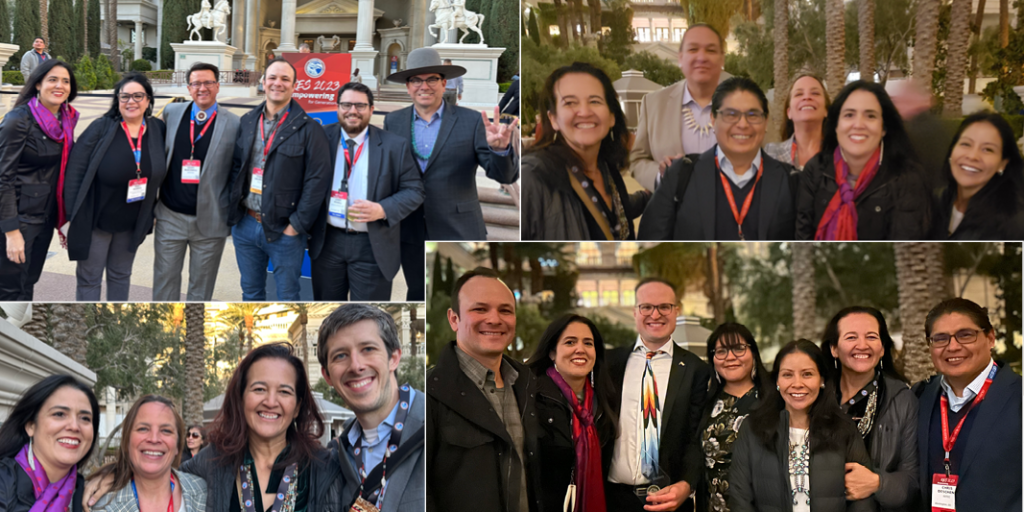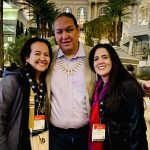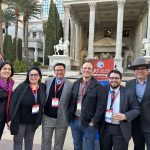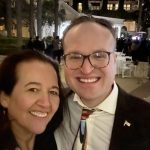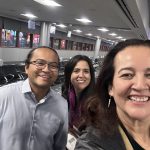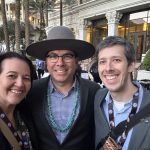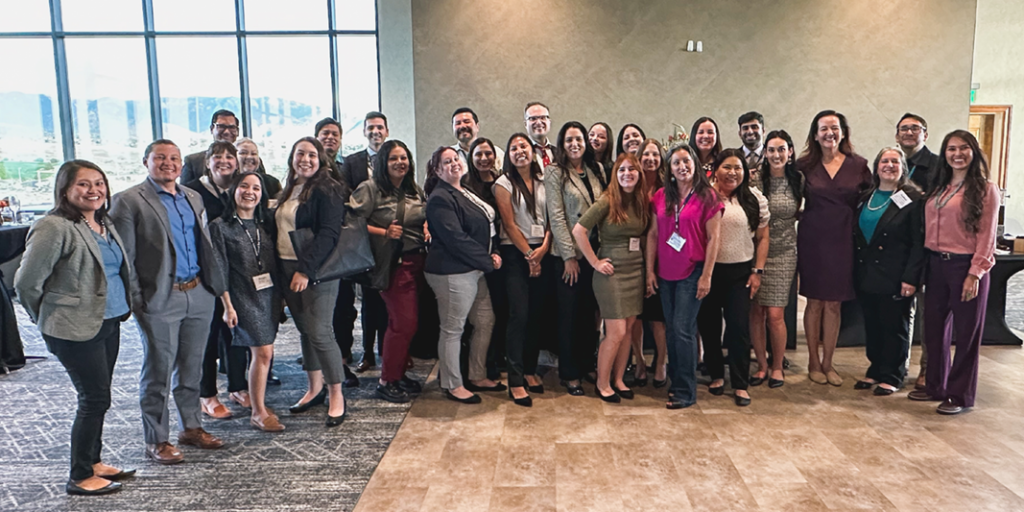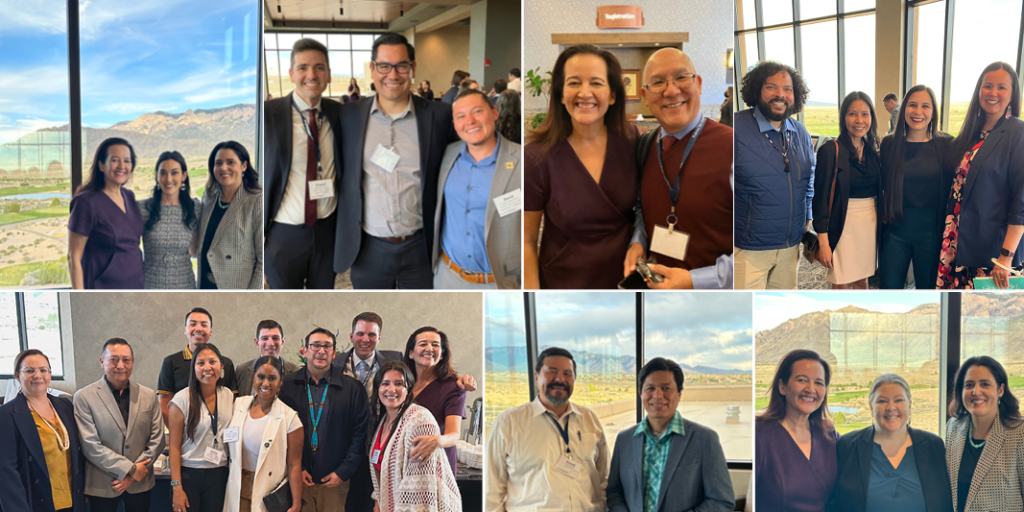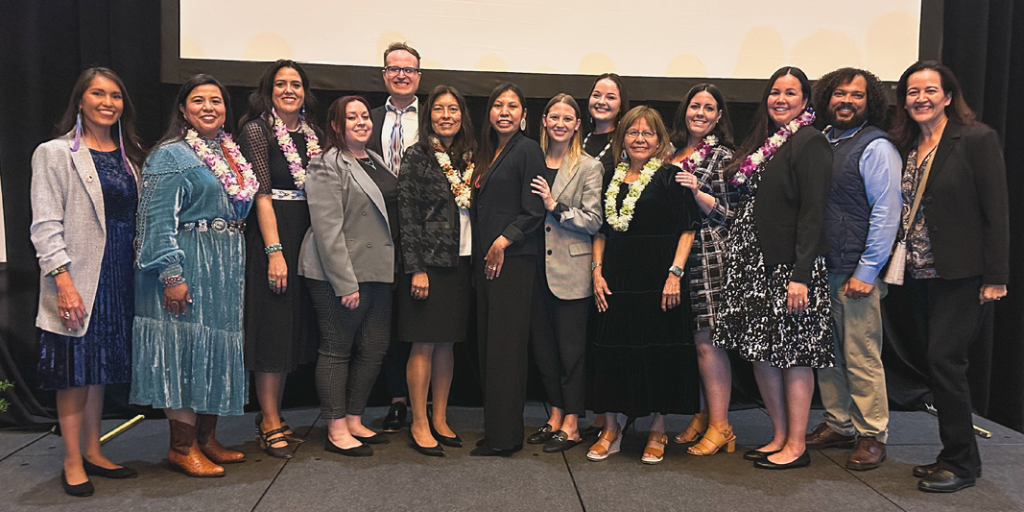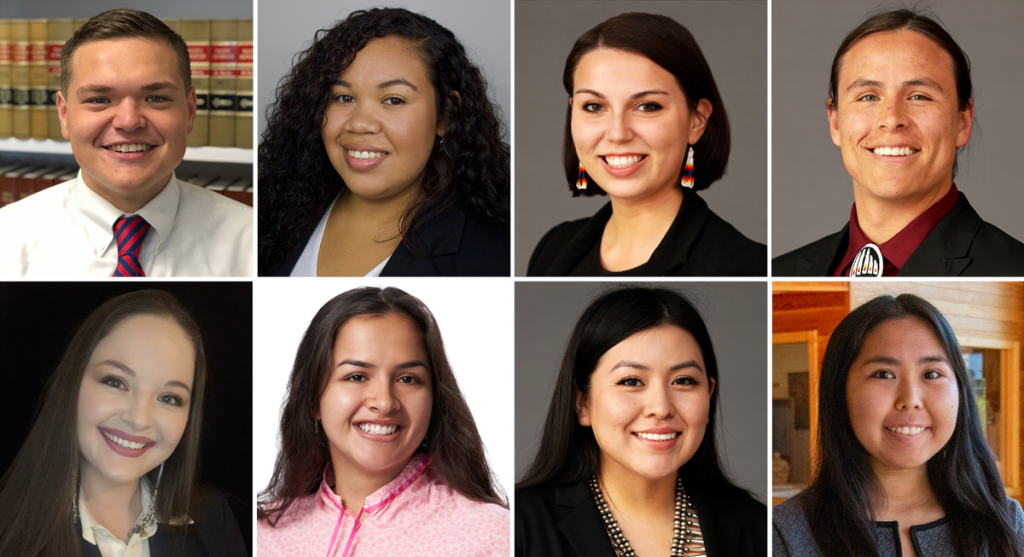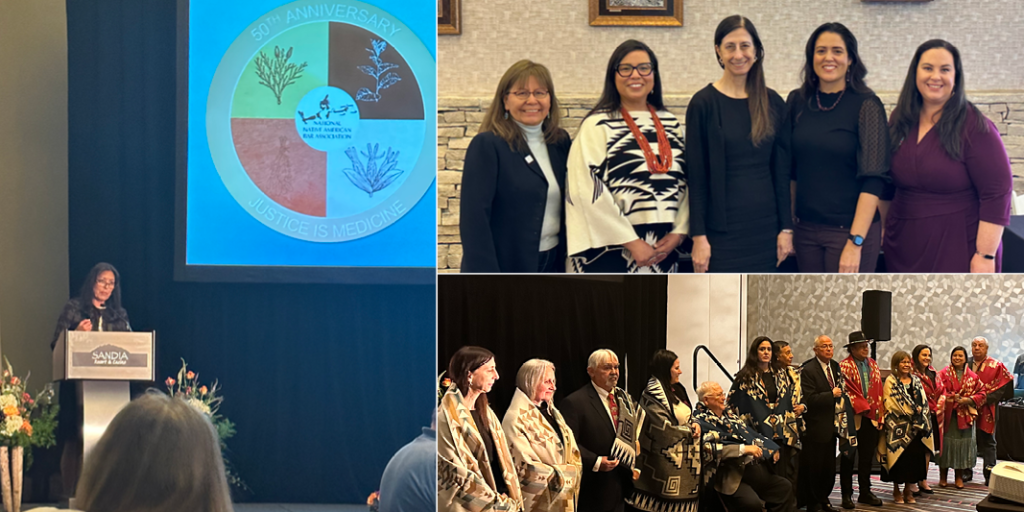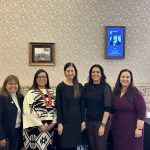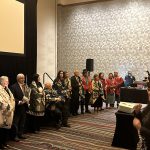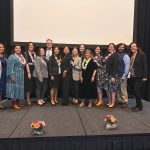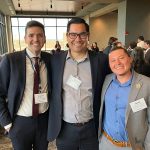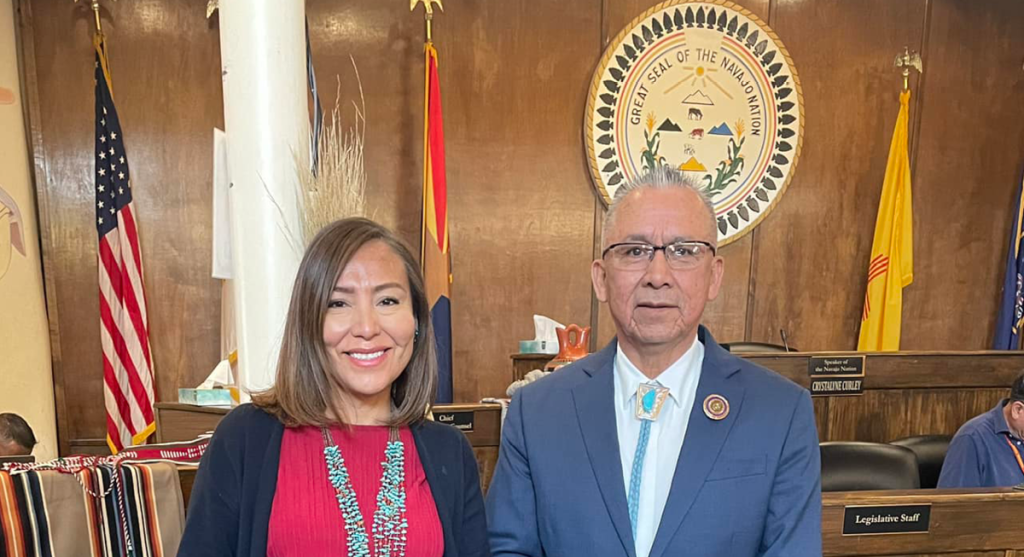
This year, the Indian Legal Clinic (ILC) student attorneys Brittany Habbart (3L) and Ruben Zendejas (3L) prepared a comment on the repatriation of cultural objects for a new Austrian repatriation project created by the Advisory Committee for Guidelines for Collections in Austrian Federal Museums from Colonial Contexts convened by the Federal Ministry of Arts, Culture, Civil Service and Sport (BMKÖS). BMKÖS requested comments and suggestions while Austria is considering new laws and policies about when to repatriate and the process of repatriation for a variety of materials. Certain items within Austria’s collections have a history of colonialism, violence, or otherwise did not have meaningful consent. The country has opened the important discussion about the way museums acquired their collections, including Austria’s federal museums, and how to address those items present-day.
The ILC comment suggests, “that meaningful repatriation policy consider all cultural items from historically colonized communities to be subject to and open for repatriation; make considerations for formally recognized indigenous governments, as well as other smaller indigenous communities and even, if necessary, individual claimants; and, the burden of proof be not placed solely on Indigenous communities, but on the western institutions themselves. Further we advise the museum to consider the possibility of digital repatriation — the authorization of licenses, copyrights, etc. — where physical repatriation is not wanted, needed, or possible.”
The Indian Legal Clinic worked with Professor Trevor Reed to prepare the comment.
____
Helen Burtis (’07)
Faculty Associate, Indian Legal Clinic, ASU Law


